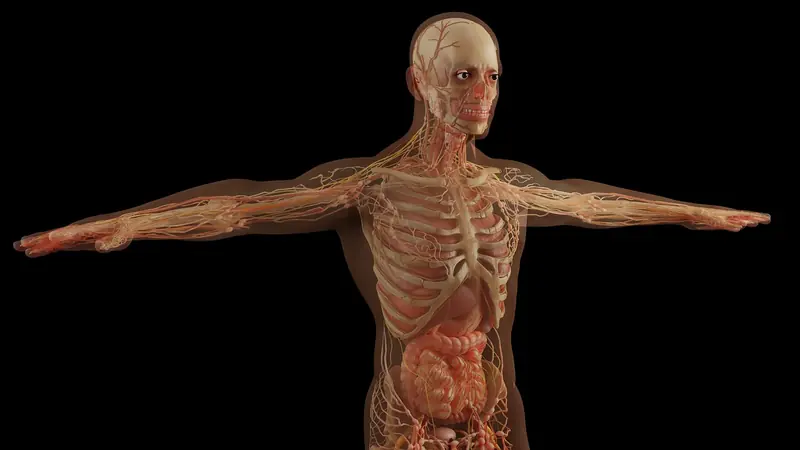
Our bodies are like museums of evolution. We walk on two legs because our common ancestor developed this crucial trait millions of years ago. Yet, we still possess organs and functions that have outlived their original purpose, some of which we mistakenly consider unnecessary.
Take the appendix, for example. Once, it played a heavyweight role in digesting plant matter, but it was dismissed by evolutionist Charles Darwin. He concluded that the appendix was no longer needed due to changes in our diet.
Wisdom teeth helped ancient humans chew raw roots and tough meat, but today they are little more than a dental complication, as our food is largely processed.
And here’s another example that might give you chills: once, humans fluffed up body hair to protect against cold and predators, but now excessive hairiness is often just a source of jokes.
Why do unnecessary parts and functions still remain with us?
Probably because they don’t harm us, explained Matthew Ravosa, director of the Center for Functional Anatomy and Evolution at the Johns Hopkins University School of Medicine.
Some organs have been repurposed for different functions due to evolutionary changes in the environment, behavior, or selective pressure. The aforementioned appendix is a prime example of this, Ravosa added. (Although saying that the appendix doesn’t harm a person is an exaggeration.)
The appendix, once thought to be rudimentary, may now play an important role in gut health by helping the immune system combat pathogens. It contains a high concentration of immune tissue and beneficial bacteria that restore the gut microbiome after illness or antibiotic use. All of this has called into question the long-held belief that the appendix is a useless organ.
It’s not entirely clear what is truly rudimentary and which body parts can still function, albeit differently. Nevertheless, we are increasingly seeing people born without certain body parts and functions that are considered rudimentary. Research has shown that about 35 percent of the population is now born without wisdom teeth, according to Popular Science.
Meanwhile, the long palmar muscle (a tendon in the forearm) is present in some people and absent in others. It once helped with climbing trees and grasping, but is now functionally irrelevant. Some studies have shown that a certain percentage of the population is even born without it. And the absence of this muscle does not affect grip strength at all.
As evolution continues, are we on the brink of losing even more body functions as our diet, medical interventions, and technologies evolve? As is often the case with scientific questions focused on the future, no one really knows the answers.
“There are no signs that we have any idea of what awaits us in the future, as the pace of technological development that can influence evolution is so rapid that everything is far less predictable than one might think,” noted Matthew Ravosa.
“We learn about rudimentary organs when we look back. We’ll just have to sit and watch because we can’t predict the future,” he added.
